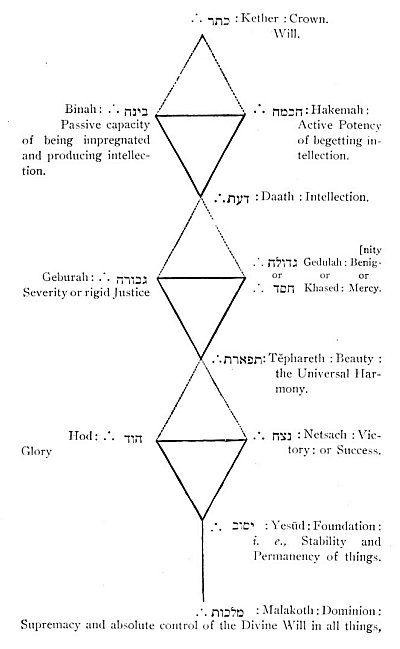But not to all is Faith sufficient to overcome this great difficulty. They say, with the Suppliant, “Lord! I believe!“–but like him they are constrained to add, “Help Thou my unbelief!“–Reason must, for these, co-operate and coincide with Faith, or they remain still in the darkness of doubt,–most miserable of all conditions of the human mind.
p. 301
Those, only, who care for nothing beyond the interests and pursuits of this life, are uninterested in these great Problems. The animals, also, do not consider them. It is the characteristic of an immortal Soul, that it should seek to satisfy itself of its immortality, and to understand this great enigma, the Universe. If the Hottentot and the Papuan are not troubled and tortured by these doubts and speculations, they are not, for that, to be regarded as either wise or fortunate. The swine, also, are indifferent to the great riddles of the Universe, and are happy in being wholly unaware that it is the vast Revelation and Manifestation, in Time and Space, of a Single Thought of the Infinite God.
Exalt and magnify Faith as we will, and say that it begins where Reason ends, it must, after all, have a foundation, either in Reason, Analogy, the Consciousness, or human testimony. The worshipper of Brahma also has implicit Faith in what seems to us palpably false and absurd. His faith rests neither in Reason, Analogy, or the Consciousness, but on the testimony of his Spiritual teachers, and of the Holy Books. The Moslem also believes, on the positive testimony of the Prophet; and the Mormon also can say, “I believe this, because it is impossible.” No faith, however absurd or degrading, has ever wanted these foundations, testimony, and the books. Miracles, proven by unimpeachable testimony have been used as a foundation for Faith, in every age; and the modern miracles are better authenticated, a hundred times, than the ancient ones.
So that, after all, Faith must flow out from some source within us, when the evidence of that which we are to believe is not presented to our senses, or it will in no case be the assurance of the truth of what is believed.
The Consciousness, or inhering and innate conviction, or the instinct divinely implanted, of the verity of things, is the highest possible evidence, if not the only real proof, of the verity of certain things, but only of truths of a limited class.
What we call the Reason, that is, our imperfect human reason, not only may, but assuredly will, lead us away from the Truth in regard to things invisible and especially those of the Infinite, if we determine to believe nothing but that which it can demonstrate. or not to believe that which it can by its processes of logic prove to be contradictory, unreasonable, or absurd. Its tape-line cannot measure the arcs of Infinity. For example, to the Human reason,
p. 302
an Infinite Justice and an Infinite Mercy or Love, in the same Being, are inconsistent and impossible. One, it can demonstrate, necessarily excludes the other. So it can demonstrate that as the Creation had a beginning, it necessarily follows that an Eternity had elapsed before the Deity began to create, during which He was inactive.
When we gaze, of a moonless clear night, on the Heavens glittering with stars, and know that each fixed star of all the myriads is a Sun, and each probably possessing its retinue of worlds, all peopled with living beings, we sensibly feel our own unimportance in the scale of Creation, and at once reflect that much of what has in different ages been religious faith, could never have been believed, if the nature, size, and distance of those Suns, and of our own Sun, Moon, and Planets, had been known to the Ancients as they are to us.
To them, all the lights of the firmament were created only to give light to the earth, as its lamps or candles hung above it. The earth was supposed to be the only inhabited portion of the Universe. The world and the Universe were synonymous terms. Of the immense size and distance of the heavenly bodies, men had no conception. The Sages had, in Chaldæa, Egypt, India, China, and in Persia, and therefore the sages always had, an esoteric creed, taught only in the mysteries and unknown to the vulgar. No Sage, in either country, or in Greece or Rome, believed the popular creed. To them the Gods and the Idols of the Gods were symbols, and symbols of great and mysterious truths.

Moe is the founder of GnosticWarrior.com. He is a father, husband, author, martial arts black belt, and an expert in Gnosticism, the occult, and esotericism.






